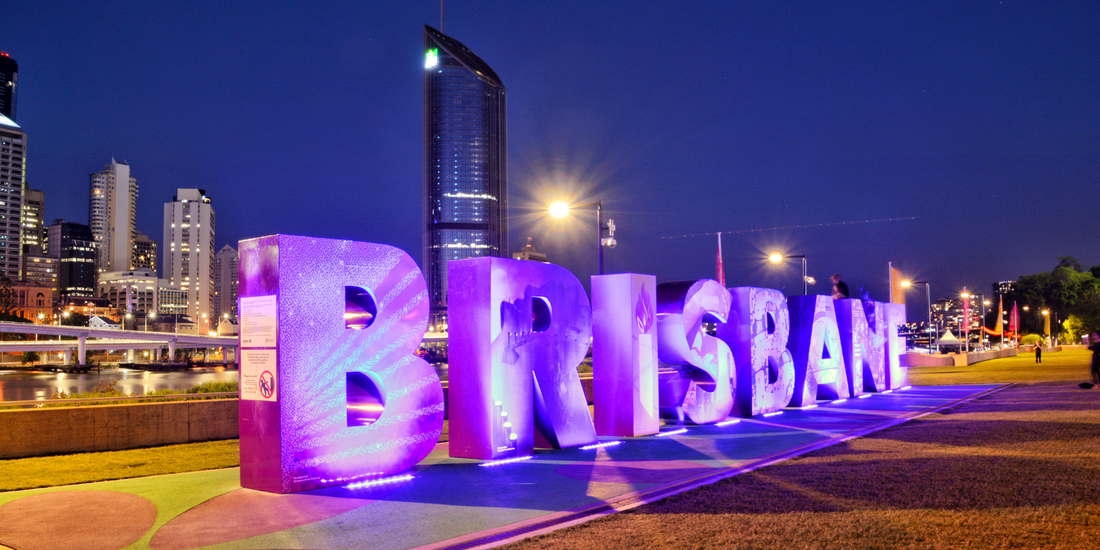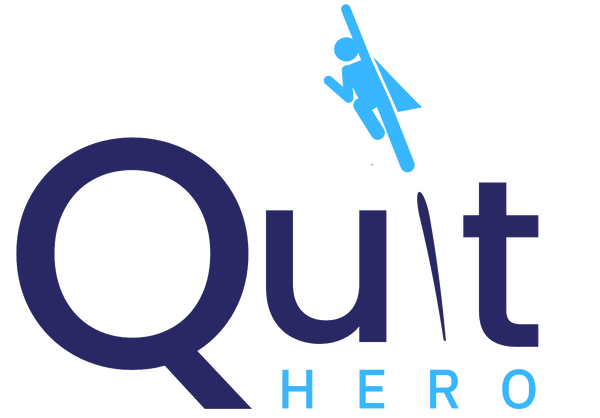
Queensland’s 2025 Efforts to Combat Illicit Smoking and Vaping Products
Share
Queensland is stepping up its efforts in 2025 to tackle the ongoing public health risks associated with tobacco and vaping, particularly focusing on the supply of illicit products. These efforts aim to protect consumers, enforce safety regulations, and reduce the harms linked to both traditional tobacco products and vaping devices.
The Continued Threat of Tobacco
Tobacco use remains a major public health concern in Australia. It is a leading cause of preventable disease and death, contributing to lung cancer, heart disease, chronic obstructive pulmonary disease, and other serious conditions. Despite decades of public health campaigns, smoking still affects thousands of Queenslanders, and reducing its prevalence continues to be a priority for health authorities.
While cigarettes and other tobacco products are heavily regulated, illegal tobacco remains widespread. Illicit products bypass taxation, labelling requirements, and safety standards, making them a particularly dangerous option for consumers. Unregulated cigarettes often contain higher levels of harmful substances and toxins, putting users at elevated risk.
Vaping: Therapeutic Tool vs. Illicit Products
Vaping has emerged in recent years as an alternative for smokers seeking to quit or reduce their tobacco intake. Recognising this, Australian law has framed nicotine-containing vapes as therapeutic products rather than general consumer goods. Since 1 July 2024, all nicotine vapes must be supplied through pharmacies, under the supervision of pharmacists, and prescribed for smoking cessation or nicotine dependence management. Only a limited range of flavours—tobacco, mint, and menthol—are permitted.
However, the rise of vaping has also created opportunities for illegal products to enter the market. Illicit vapes often evade quality and safety regulations, exposing users to unknown chemicals, metal particles, and other contaminants. This makes enforcement critical, particularly as black-market products continue to attract consumers due to lower costs or access to flavours not allowed under legal regulations.
Queensland Health Enforcement Operations
Queensland Health has intensified enforcement measures targeting illegal tobacco and vaping products. These operations aim to intercept unregulated supplies, educate retailers and consumers, and uphold public health standards.
Recent data show that authorities have uncovered millions of illicit cigarettes, thousands of unregulated vaping devices, and tonnes of loose tobacco. These findings illustrate the scale of the black market in Queensland and the ongoing challenge of keeping unregulated products off the shelves. Authorities have emphasised that illegal products not only bypass taxation but also pose significant safety risks, making enforcement a public health priority.
Legal Framework and Compliance
The legal framework surrounding tobacco and vaping in Queensland is designed to reduce harm, ensure safety, and regulate supply. For vaping products, the law strictly limits sales to pharmacy channels for therapeutic purposes. Non-pharmacy sales—through convenience stores, vape shops, or online sellers—remain prohibited.
Penalties for supplying illicit tobacco and vape products are significant. Individuals may face fines up to $32,260, while corporations can be fined as much as $161,300. Courts can impose additional penalties, including fines of up to $1.6 million and imprisonment of up to two years for serious offences. Between July 2024 and May 2025, Queensland Health issued 819 penalty notices for illegal tobacco and vape products, collectively valued at more than $10.7 million.
These enforcement measures send a clear message to consumers and suppliers: unregulated products carry substantial legal risk and can have serious health consequences.
Public Education and Reporting
Beyond enforcement, Queensland Health continues to focus on public education. Residents are encouraged to understand the risks of illicit tobacco and vaping products and to source nicotine vapes only through legal, pharmacy-based channels. These therapeutic products are designed to help smokers quit while meeting safety and quality standards.
Queenslanders who encounter illegal tobacco or vaping products can report them via Queensland Health’s online portal or by calling 13 QGOV (13 74 68). This reporting system plays a crucial role in identifying suppliers, preventing illegal distribution, and protecting public health.
Supporting Smokers in Quitting
The 2025 enforcement campaign also aligns with broader efforts to support smokers in quitting. Nicotine vapes, when prescribed and used correctly, can be part of a harm reduction strategy under professional guidance. These legal, therapeutic options provide a safer alternative to traditional tobacco while avoiding the risks associated with unregulated black-market products.
By contrast, the use of illicit vapes not only carries unknown health risks but also undermines these public health strategies. The black market can provide cheaper or more attractive products, but without regulation, there is no guarantee of product safety, quality, or appropriate labelling.
Looking Ahead
Queensland’s continued enforcement in 2025 reflects a commitment to protecting public health and ensuring compliance with national regulations. By combining strict oversight, legal enforcement, public education, and therapeutic support, authorities aim to reduce smoking rates, prevent harm from illicit products, and maintain safe access to legal nicotine alternatives.
These efforts underscore the importance of staying informed about regulatory requirements and making choices that prioritise health and safety. As Queensland Health continues to monitor and respond to the evolving landscape of tobacco and vaping, both consumers and businesses play a vital role in supporting a safer, compliant market.
For more information on legal vaping products or to report illegal tobacco or vaping activities, Queensland Health encourages residents to visit their website or contact 13 QGOV (13 74 68).
